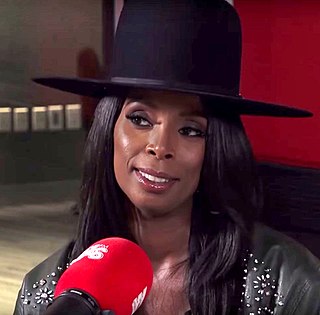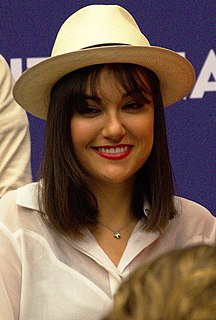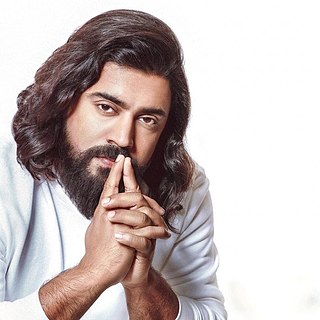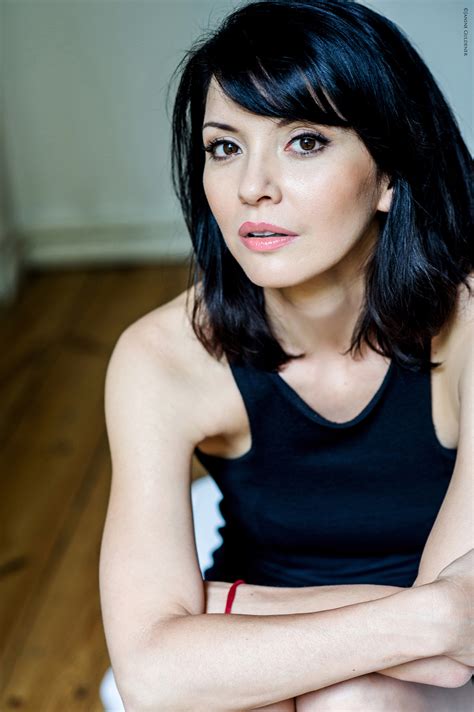A Quote by Chris Messina
Honestly, one of my favorite things about a director is when they understand what an actor brings to their role.
Related Quotes
With a director it's all about the work; I'd work with a great director over - you know, I'm not the kind of actor who that doesn't go, 'I want to play this role.' It's more like, 'I want to work with this director,' regardless of what the role is because if it's a good director, you'll probably find a good role because it's a decent film. But a mediocre director will always make a mediocre movie.
As a director, I have to do everything. As an actor, I'm just worried about one role, that's it. As a director, everything is important. Everything is something you have to be very detailed and specific about in telling a story. So for me, the job is far greater than just being the actor, there's a lot more responsibility creatively, technically.
Theater is about interpretation and what an actor and what a director brings to a piece too. I'm open to it every time I work with a director and a group of actors. I have to be open to that interpretation. I'm not one of those hysterical playwrights that come and say, "This is not what I intended to do." It's one rendition of the piece.
When an actor plays a scene exactly the way a director orders, it isn't acting. It's following instructions. Anyone with the physical qualifications can do that. So the director's task is just that – to direct, to point the way. Then the actor takes over. And he must be allowed the space, the freedom to express himself in the role. Without that space, an actor is no more than an unthinking robot with a chest-full of push-buttons.
Every director is always directing around the play. If you have an actor who really doesn't get the character well enough, you have to direct the play around that character. You have to make choices with that actor. If you have an actor that really doesn't get the role and has certain visions of the role, sometimes you have to direct around that actor.
As a director, it became important to hear that specific role read by that specific actor, and you hear the chemistry, or you don't hear the chemistry. So I'm not so bothered by the audition process anymore; in fact, I use it. It's a time for the actor to actually get to the know the director and the producers a little bit, too.
The criteria [to take or refuse the role] is that I would love to have some kind of dialogue or communication with the director. I need to understand that we can communicate and that we like communication. That's something I have to have a strong feeling about. Secondly, I have to find the script intriguing or interesting. I don't have to understand the whole script, but I do have to find it intriguing. If those two things are present, that would probably be a yes.



































